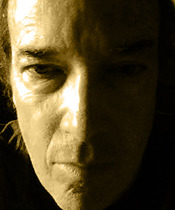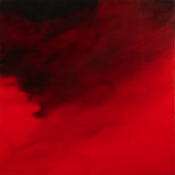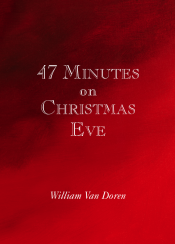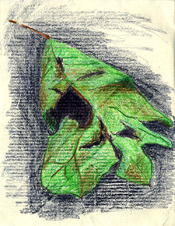The Ken Burns Style (A Rant)
The following was originally from a few years ago, but I could just as well have written it today. Or, to put it another way, I’d write it now but I already did.
Laura mentioning to me this morning that Ken Burns had been on TV to mark Buck O'Neil’s death and talk about how he’d been passed over for the Hall of Fame set me off on a slightly unrelated rant about how Burns had “ruined documentary history forever.” He’s done this not so much by making sure that his talking-head historians get caught on camera seeming overwhelmed by emotion at the appropriate moments (I actually forgot to mention this), but with his insistence on use of the present tense when describing past events and especially when describing the thoughts, considerations, decisions and actions of historical characters – a practice that I notice has spread to other documentary filmmakers. [And continues, here in 2010.] “McClellan feels that Lincoln has abandoned him.” “Mao sets off on the Long March without his toothbrush, which he leaves as a token for his long-suffering wife.” Stuff like that. You'd think I would actually prefer this mixing of tenses and times, given that I believe everything takes place more or less simultaneously in the present. But I don’t think you can get there from there – you have to make some distinctions clear before you collapse them – you get there from here. That present tense glosses over the fact that the speaker is making judgments and offering necessarily imperfect accounts of something that happened in the past. It turns all events, present and past, into a TV docudrama in which everything is real and unreal at the same time. It sounds authoritative and that’s the worst aspect – that it tends to discourage any awareness that authoritativeness is even an issue. It kills refraction, the sense that events are subject to many possible interpretations. In the name of making the story seem immediate, it actually makes the story very remote, by removing it to the realm of fairy tale. Complete with tear-stained historians, choking up while telling us our bedtime stories.
 Saturday, February 27, 2010 at 11:30AM | by
Saturday, February 27, 2010 at 11:30AM | by  BVD | in
BVD | in  Commentary | tagged
Commentary | tagged  Baseball Hall of Fame,
Baseball Hall of Fame,  Buck O’Neil,
Buck O’Neil,  Ken Burns,
Ken Burns,  Negro Leagues,
Negro Leagues,  documentaries | | Comments Off
documentaries | | Comments Off 





Homestead Grays (Sunset, Monday, 15 November 2010)
I hope folks will excuse the baseball reference in the middle of November, but it is indeed gray, we’re working on having a homestead of our own, I think the Negro Leagues deserve more recognition, and the Pittsburgh Pirates, a more or less related team, did hire a new manager today. Even in the middle of November, there are the beginnings of hope for a new season.